Next Generation Learning Models for English Language Learners: Promising Practices and Considerations for Teaching and Learning
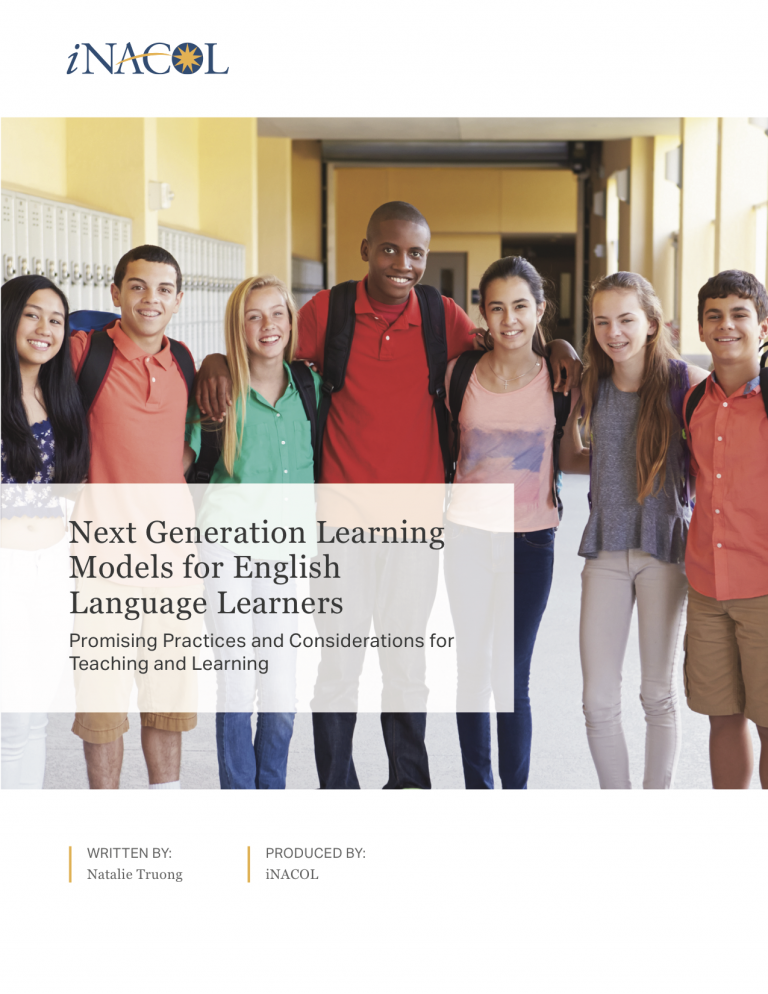
This paper highlights trends to advance learning for English language learner (ELL) students. It outlines promising practices and considerations for designing ideal learning environments for ELL success and features case studies and examples from schools and programs creating personalized, competency-based learning environments for ELL students. This paper will interest educators and education leaders who want… Read More ›
A Guide for Engaging ELL Families: Twenty Strategies for School Leaders
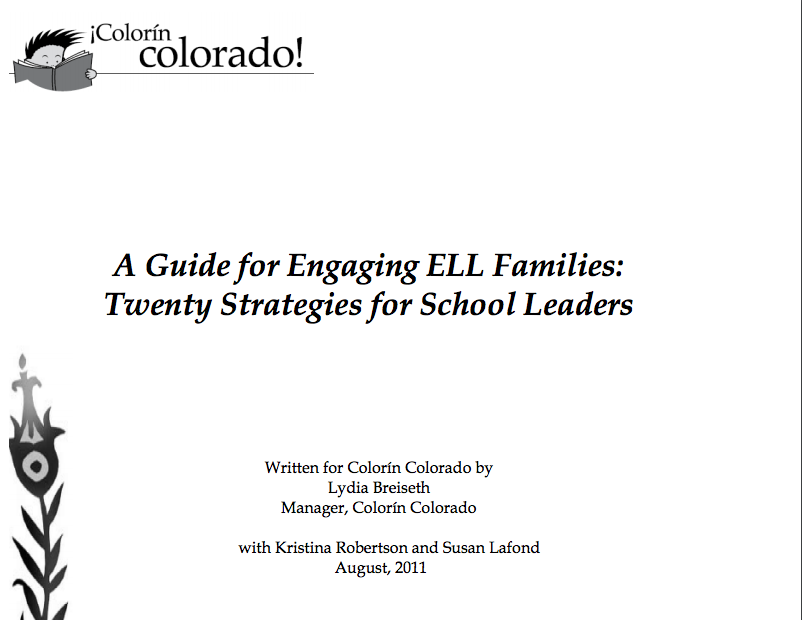
This guide, developed by Colorín Colorado, an organization that supports English language learner (ELL) educators and students, shares useful strategies schools can employ to engage bilingual students and their families. The guide includes six sections: Connection with ELL families Communicating Important Information Parent Participation Parents as Leaders Community Partnerships Creating a Plan Each section offers… Read More ›
How to Design a School That Prioritizes Kindness and Caring
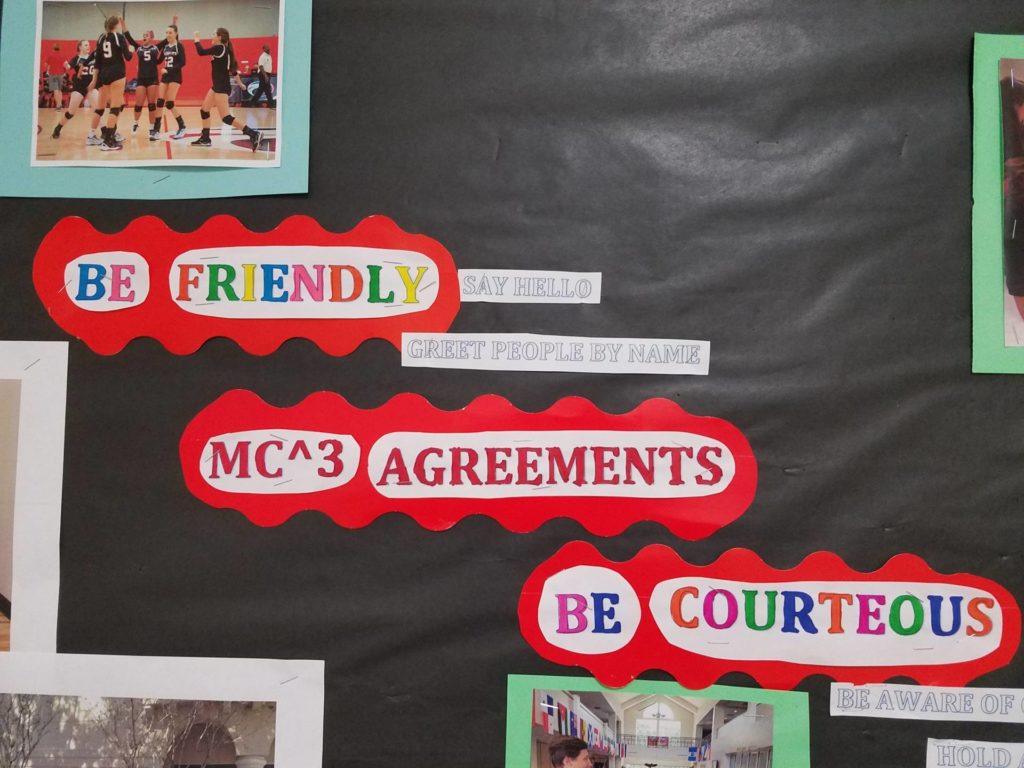
This article shares the success story of Carrollwood Day School in Florida, chronicling the efforts of school leadership and students to make compassion a cornerstone of their educational model. With students at the helm, the school partnered with Harvard’s Making Caring Common project and started a series of small changes, such as a kindness initiative in… Read More ›
Welcoming Schools Starter Kit
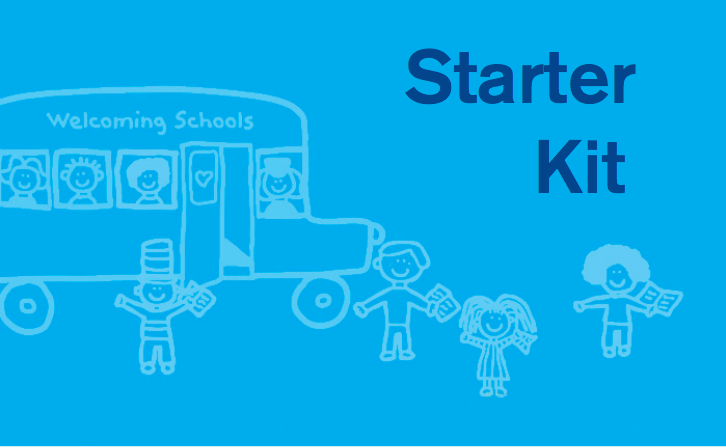
This brief, Welcoming Schools: An Inclusive Approach to Addressing Family Diversity, Gender Stereotyping and Name-Calling outlines a comprehensive, LGBTQ-inclusive approach to creating respectful and supportive elementary schools for all students and their families. Developed by the Human Rights Campaign Foundation, it includes many resources, tips, and strategies such as: A checklist for a welcoming and inclusive… Read More ›
The Seven Principles for Inclusive Education
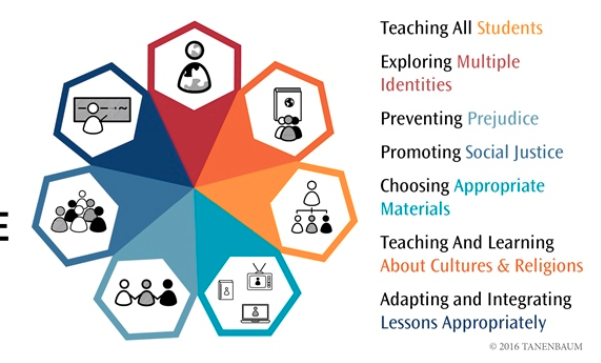
This framework outlines seven principles that can serve as a foundation for teacher training and professional development focused on equity. The framework was developed by Tanenbaum, an organization that works to combat religious discrimination and hate. It comes in both a two-page, and an in-depth format filled with strategies and suggestions. Some of the principles include: How… Read More ›
Personalized Learning with Matt and Courtney
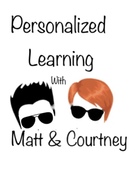
This podcast is hosted by Courtney, a K-12 instructional coach in Maine, and Matt, a district administrator and former math teacher. They explore the dos and don’ts of learner-centered proficiency-based education in personable, plain, jargon-free language and offer practical advice from practitioners to practitioners. In the first episode, they lay out some basics for the… Read More ›
7 Questions Principals Should Ask When Hiring Future-Ready Teachers

In this article, Alan November, a long time teacher and education consultant, offers advice for principals on ways to hire teachers who support student agency and understand the role they should play to guide, rather than direct, learning. November proposes seven questions he thinks should be standard in the interviewing and hiring process. Two of which include:… Read More ›
When Personalized Learning Includes Skateboarding: One Suburban District’s Dramatic Transformation
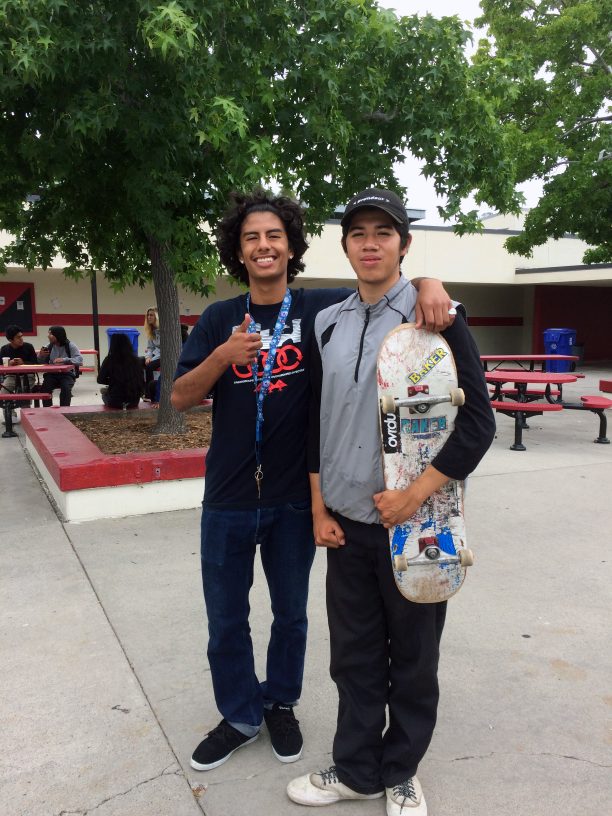
This article, a case study of Vista High School in San Diego, highlights the school’s move to personalized learning. Vista is seen as a high-profile national test run of a personalized-learning approach in a large, comprehensive public high school- the kind most U.S. students still attend. The article shares successes, challenges, and proposed improvements, such as… Read More ›
Mastering Formative Assessment Moves: 7 High-Leverage Practices to Advance Student Learning
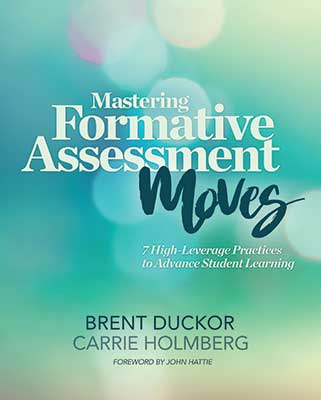
This webinar will explore how formative assessment can improve teaching and learning during instruction. Brent Duckor and Carrie Holmberg, authors of Mastering Formative Assessment Moves: 7 High-Leverage Practices to Advance Student Learning, will focus on seven research-based, high-leverage formative assessment “moves”: priming, posing, pausing, probing, bouncing, tagging, and binning. They will explore foundational research for… Read More ›
Future Ready Schools Regional Institutes
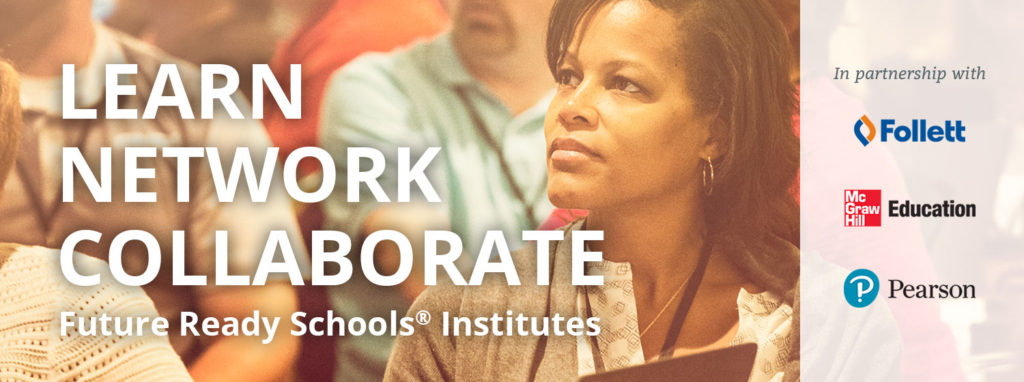
Future Ready Schools (FRS) institutes bring together school leaders interested in using research-based digital strategies to create personalized learning environments for their students. FRS institutes are designed to build a regional network of peers, where participants engage in professional development and work together in real time, share feedback, and find support to take the next steps to… Read More ›
Building Competencies for Careers
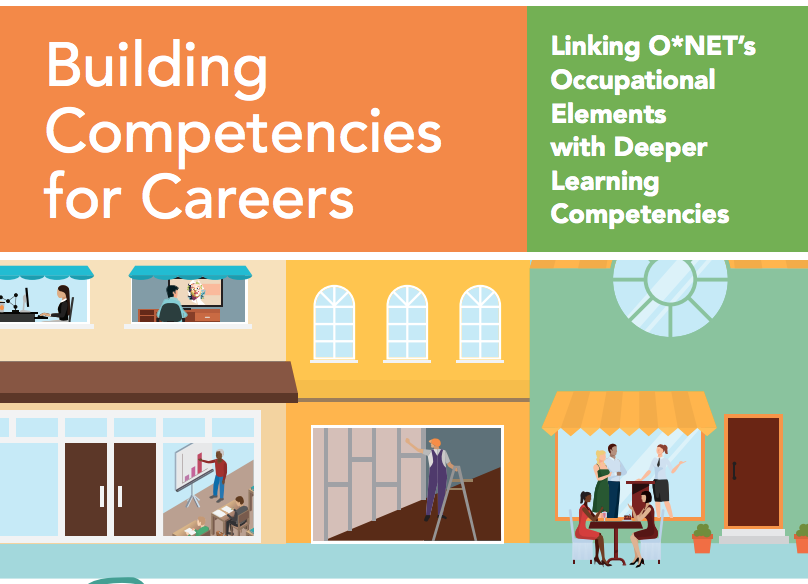
This report draws on information from the U.S. Department of Labor’s Occupational Information Network (O*NET) to better understand the value of deeper learning competencies in the labor market. O*NET compiles surveys of employees and occupational experts to determine key characteristics and requirements of more than 900 occupations. Using this database, researchers from the Center on Education Policy (CEP)… Read More ›
Unleashing the Instructional Leadership of Librarians to Foster Future Ready Schools
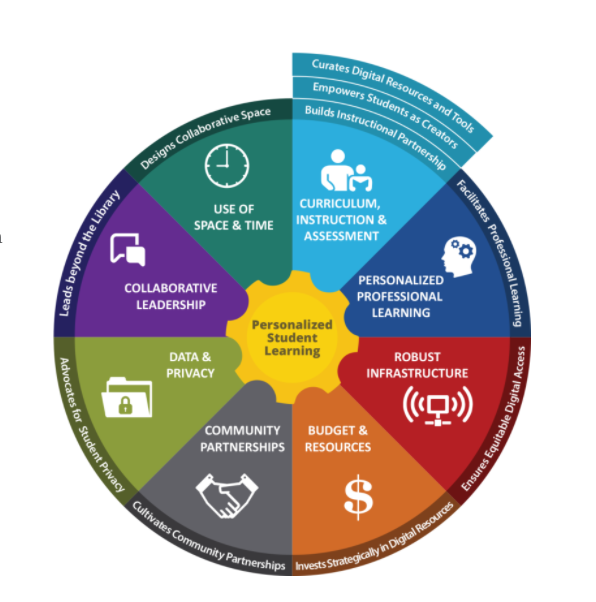
This framework was created to detail the invaluable role of librarians and outline how schools can better harness their skills and knowledge to transform learning for students. The framework, developed by Future Ready Schools, focuses on librarians’ role in the development of 21st century schools that use research-based digital strategies to build personalized learning environments. The framework is… Read More ›